British Steel collapse: the role of Greybull Capital
- Published
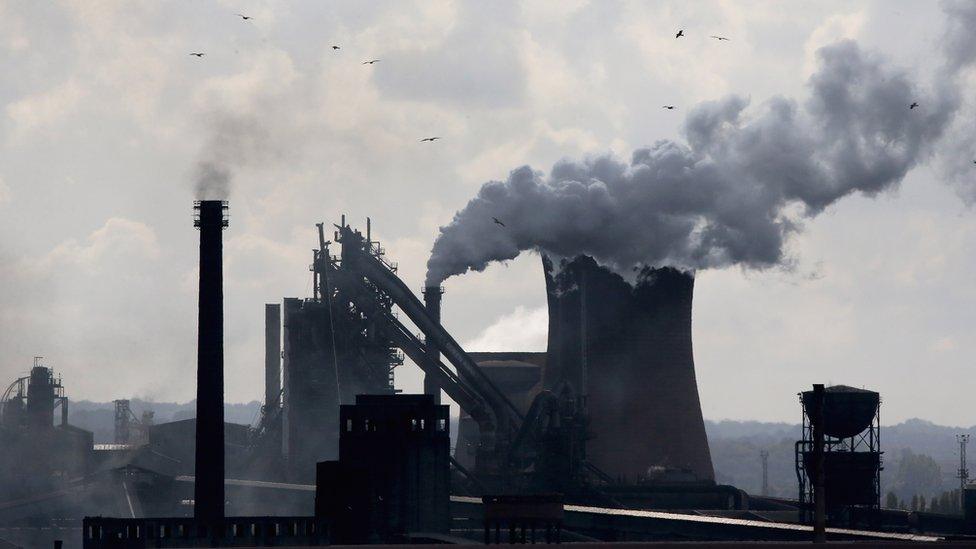
In Spring 2016, Tata Steel's loss-making Long Products division, based at the steelworks which dominates Scunthorpe, was on its knees.
The news that private equity group Greybull Capital would buy it for a token £1 was hailed as a new dawn.
The deal came with a promise to invest £400m in the business, with the new owners also reviving the British Steel brand name.
Then-Business Secretary Sajid Javid said he believed "there really is a viable, sustainable future for world-class steelmaking in this country".
In 2017 and 2018 Greybull returned British Steel to profit.
Three years on from its supposed rebirth, the company has collapsed into liquidation.
What has Greybull done to support British Steel?
Under Greybull, British Steel's ultimate parent company is Jersey-based Olympus Steel Limited.
In British Steel's most recent accounts filed in May 2018, director Gerald Reichmann writes that the company has access to "considerable financial resources", although these are not quantified.
The accounts show Olympus has lent British Steel £154m in the form of a secured loan.
They also reveal that nearly £17m in interest on loans was charged by the parent company each year in 2017 and 2018.
Greybull says that this interest has been accrued but not paid out in order to support the steel business through its turnaround and that all the company's profits have been ploughed back into the business.
Greybull charged British Steel £3m in "management fees" in 2017 and again in 2018.
The company says that those fees are 80% lower than those charged by British Steel's previous owner, Tata.
Who is behind Greybull Capital?
Greybull Capital is a private - and secretive - equity partnership which invests in failing companies and tries to turn them around.
It was set up in 2010, managed by French-born brothers Nathaniel and Marc Meyohas, along with Richard Perlhagen.
They were later joined by Daniel Goldstein. He now runs the investment company with Marc Meyohas.
Nathaniel Meyohas and Mr Perlhagen have both subsequently left the firm.
Greybull describes itself on its website as "an entrepreneurial investment group, passionate about making companies successful".
Its purchase of Tata's loss-making division has been one of its highest profile deals in the UK.
However, the firm also presided over Britain's biggest airline bankruptcy.
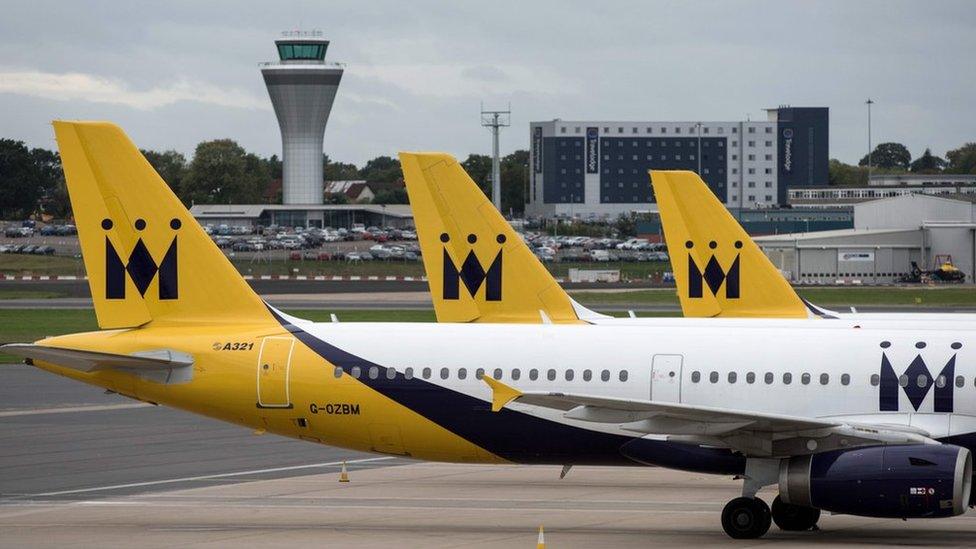
What happened with Greybull's Monarch investment?
It bought a majority stake in Monarch Airlines in 2014, with an investment of £125m.
But the airline failed in October 2017, triggering what was described as the UK's biggest ever peacetime repatriation of stranded holidaymakers.
Hundreds of people arrived at UK airports to find their flights cancelled. Nearly 1,900 staff lost their jobs.
The cost to the taxpayer of repatriating about 110,000 stranded travellers, external has been estimated at £40.5m.
The airline blamed the collapse on the threat of terror and other economic conditions.
Greybull's website says that its rescue kept the airline flying for three years longer than if it had not stepped in and provided more than 2,700 people with work.
Greybull subsequently took over Monarch's airline engineering arm in October 2018, but that went bust in January.
Hundreds of jobs were then lost.
What other deals has it been involved in?
In September 2015, Greybull bought the My Local convenience chain of 120 stores from supermarket chain Morrisons.
But the business - which employed 1,650 people - fell into administration in June 2016.
Greybull has also backed electrical retailer Comet and Riley's snooker halls. Both ended up collapsing.
However, the firm has also had notable successes.
In 2013, Greybull bought Metalrax, a specialist in non-stick coated steel for the bakeware industry, out of administration.
It was renamed Arc Specialist Engineering, which was bought by its management team and investors in 2017.
It also owns Plessey, another name from Britain's industrial past, and is seeking to turn it into a leader in LED technology.
What have people said about Greybull?
Former City minister Lord Myners has questioned Greybull's stewardship of the companies it has operated.
"Greybull has a record of owning businesses which fail, but where apparently Greybull does not lose serious money," he told the BBC.
"In fact, from a number of its failed investments, it's made money".
Greybull insists that it is in the "business of turning around failing companies and that includes significant risk".
- Published21 May 2019
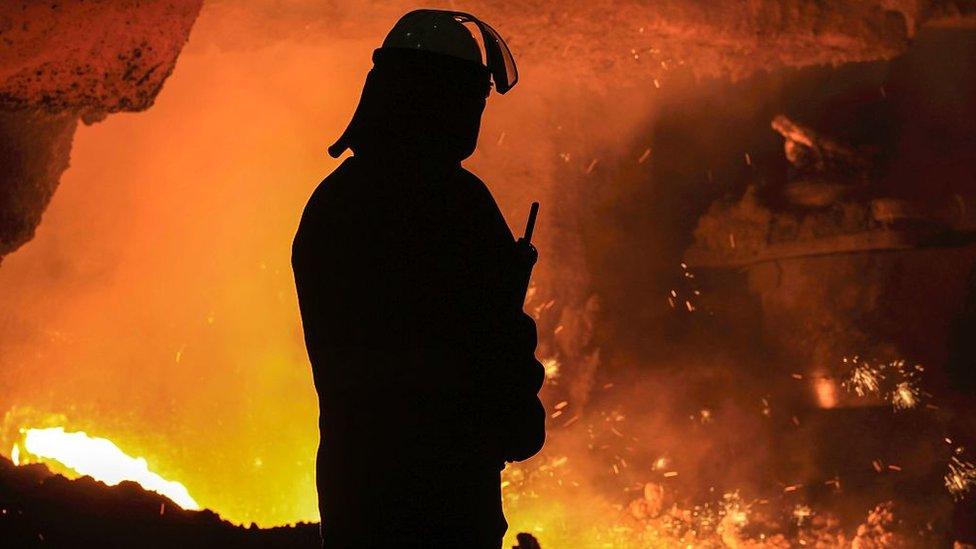
- Published2 October 2017
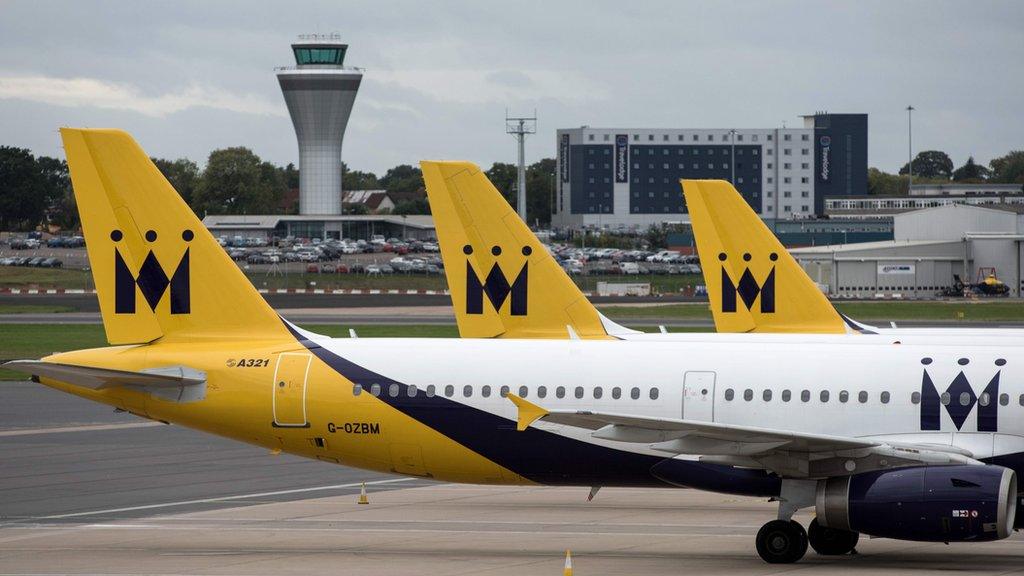
- Published29 June 2016
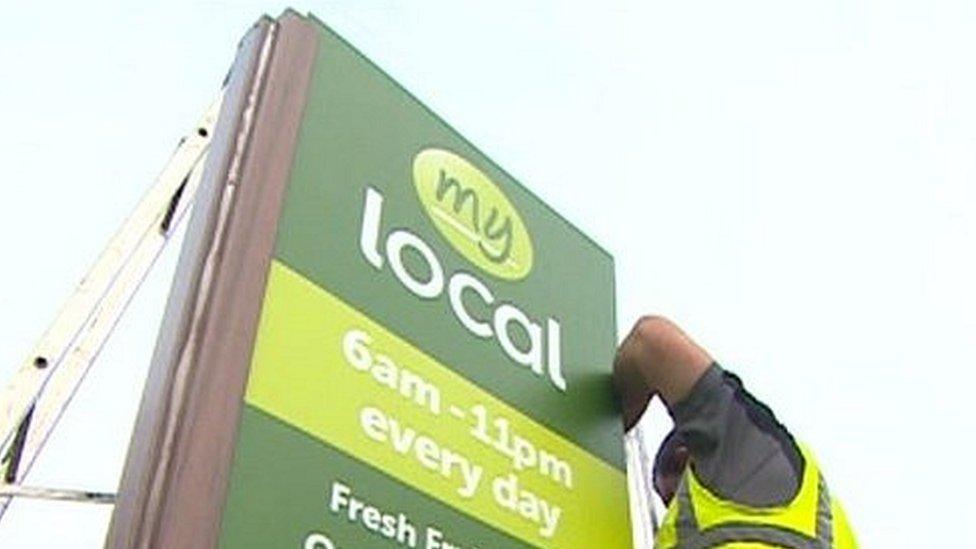
- Published8 April 2016
